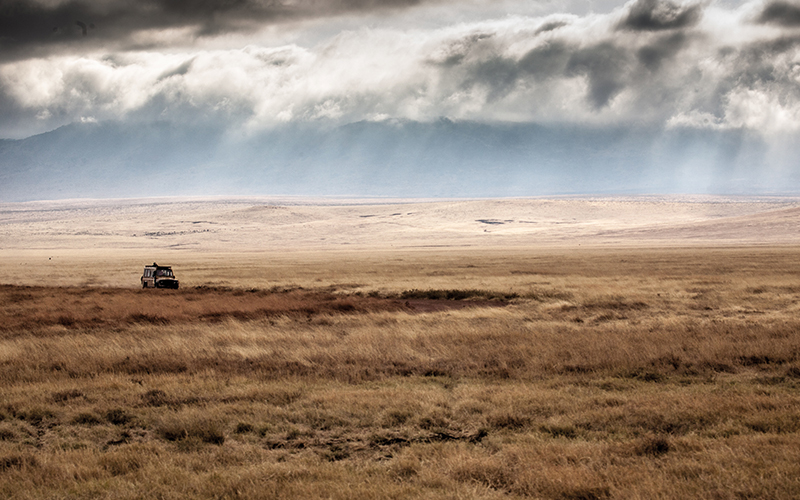When someone we love dies, we often find ourselves in a place we have never been and never experienced before. We set out on a journey with no markers, maps or plans, often floundering through a wasteland of feelings with no direction. This is because most of us are unfamiliar with grief. Full awareness of a sudden tragic death can take time; anything from a few days to weeks. It can also take time to grasp the reality of a death when it happened at a distant or unknown location. Grieving is a personal experience. Depending on who you are and your relationship to the deceased, your process of grieving will be different from another person’s experience.Personal loss
What to expect

Remember
There is no ‘normal’ or ‘expected’ period of time or ‘correct way’ to grieve; neither does the grieving process follow a nice orderly pattern. Grieving tends to be an unpredictable roller-coaster of thoughts, feelings and emotions.
Initial feelings can include shock, numbness or denial. This is the body’s own defence mechanism trying to protect against the reality and pain of grief.
You may find yourself searching for the deceased, looking for their face in a crowd, expecting them to turn up at old familiar places.
During this period, some people are unable to express any emotion; this may be worrying when others are clearly upset, but it will pass.
“I know that angels are watching us from the other side.”
Strong emotions
Anger – this may be directed at medical staff, police, innocent bystanders, yourself, your friends and even the deceased.
Guilt – this is a normal reaction as we can all find something to be guilty about, especially things we’ve said/haven’t said or done. Also you may feel guilty for enjoying yourself; for example, just laughing can trigger a bout of guilt.
Sadness – you may be overwhelmed with sadness at times, afraid you’ll never laugh again.
Loneliness – even when surrounded by friends and family you may still feel lonely. Often you may think no-one understands your way of coping.
Lack of concentration – you may experience confusion, loss of memory, inability to concentrate, sleepless nights. This is temporary and you are not “going crazy”.
Loss of confidence – you may find you are questioning your life, your beliefs etc. You may be unable to feel the same sense of commitment you had before.
These are all normal, healthy parts of grieving. Eventually, the time will come when you feel ready to regain control and continue with your own life.
You will be able to talk about the person who has died and remember happy times. This does not mean you will forget them, or that life will be the same as it was. It means that you are accepting their death and learning to live with their absence.
What may help
Talking about your experiences and thoughts is a good way to make sense of what has happened. A good friend or family member can be supportive.
Writing to the deceased, writing poetry or keeping a diary can all be therapeutic.
Holding special commemorative days can help you and others remember the person and the happy times you spent together.
Sharing your experiences and feelings with other bereaved people can be helpful to both you and them. Helping others through the healing process often triggers positivity and healing within yourself.
Reading books about other people’s experiences of bereavement can combat feelings of being alone.
For more information and support please get in touch.
